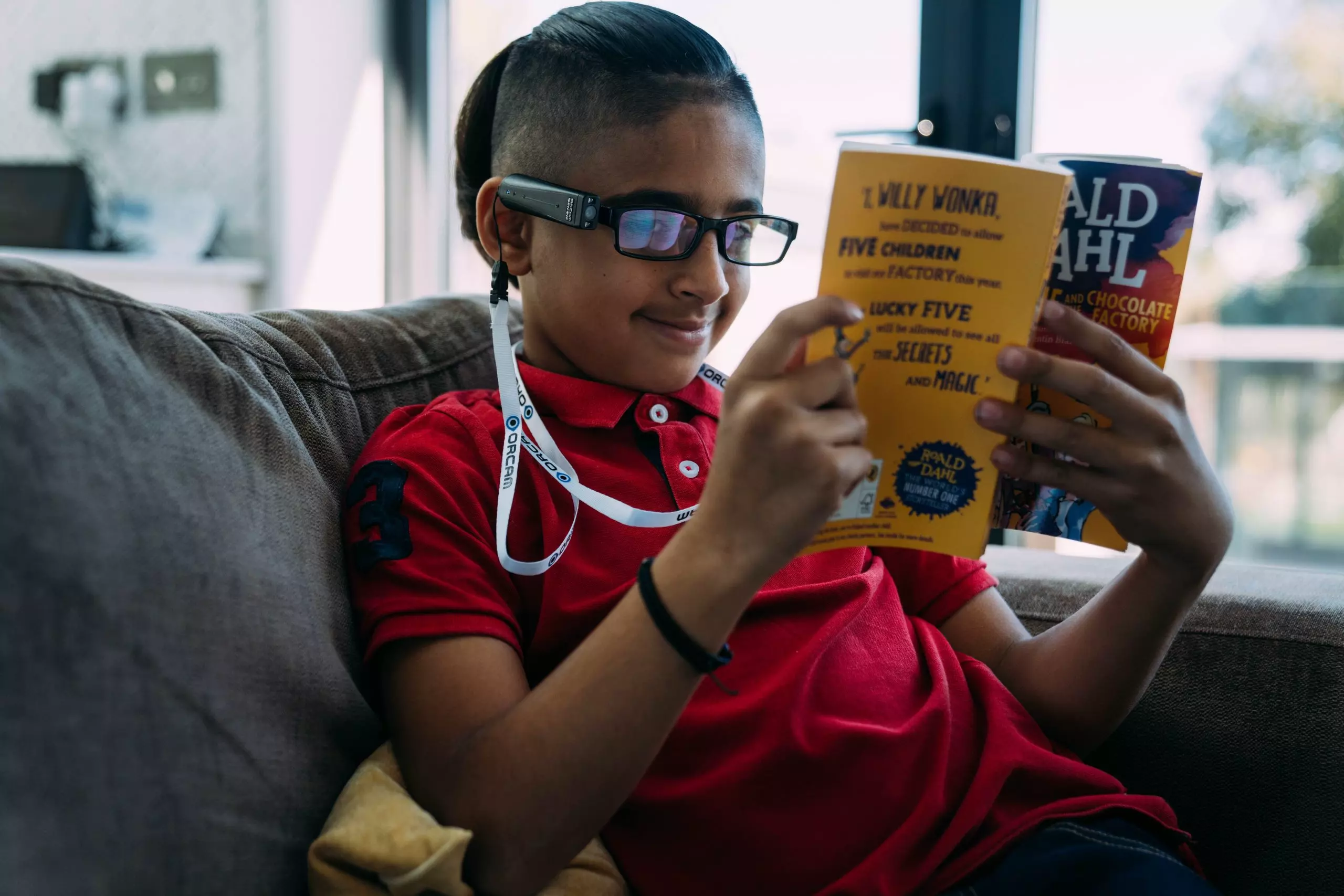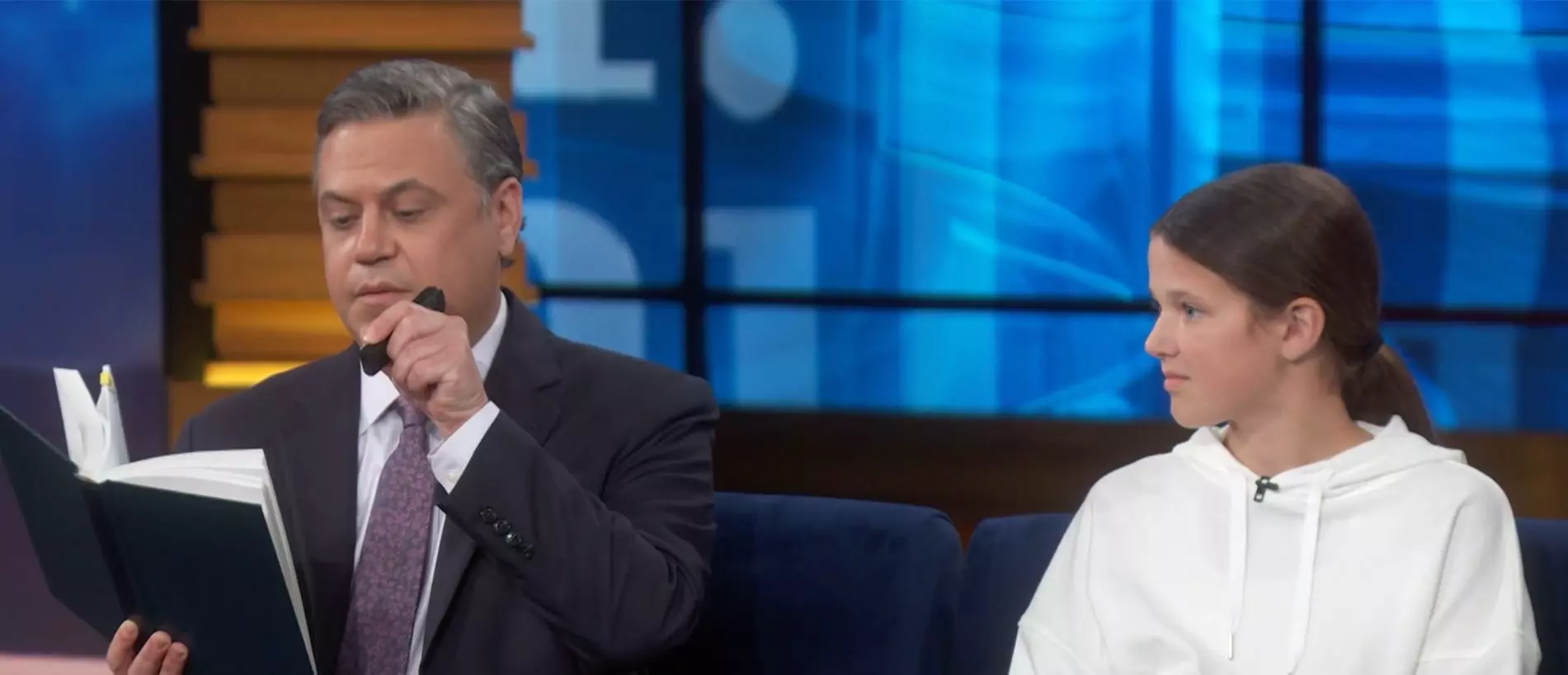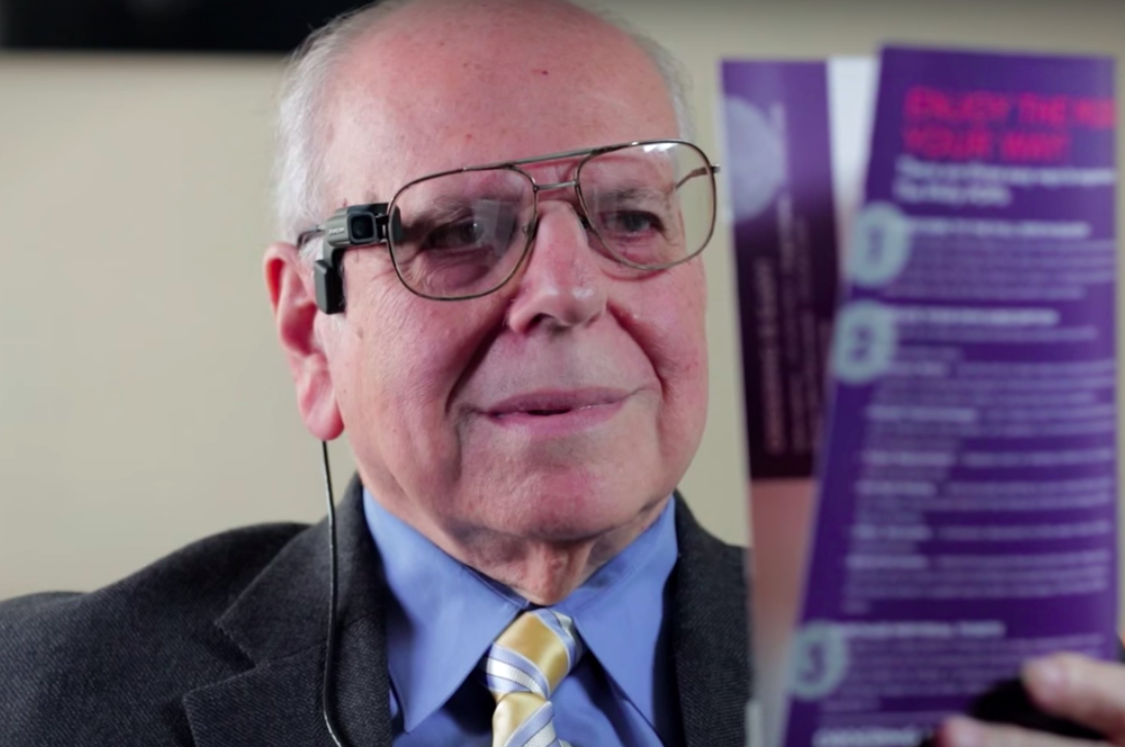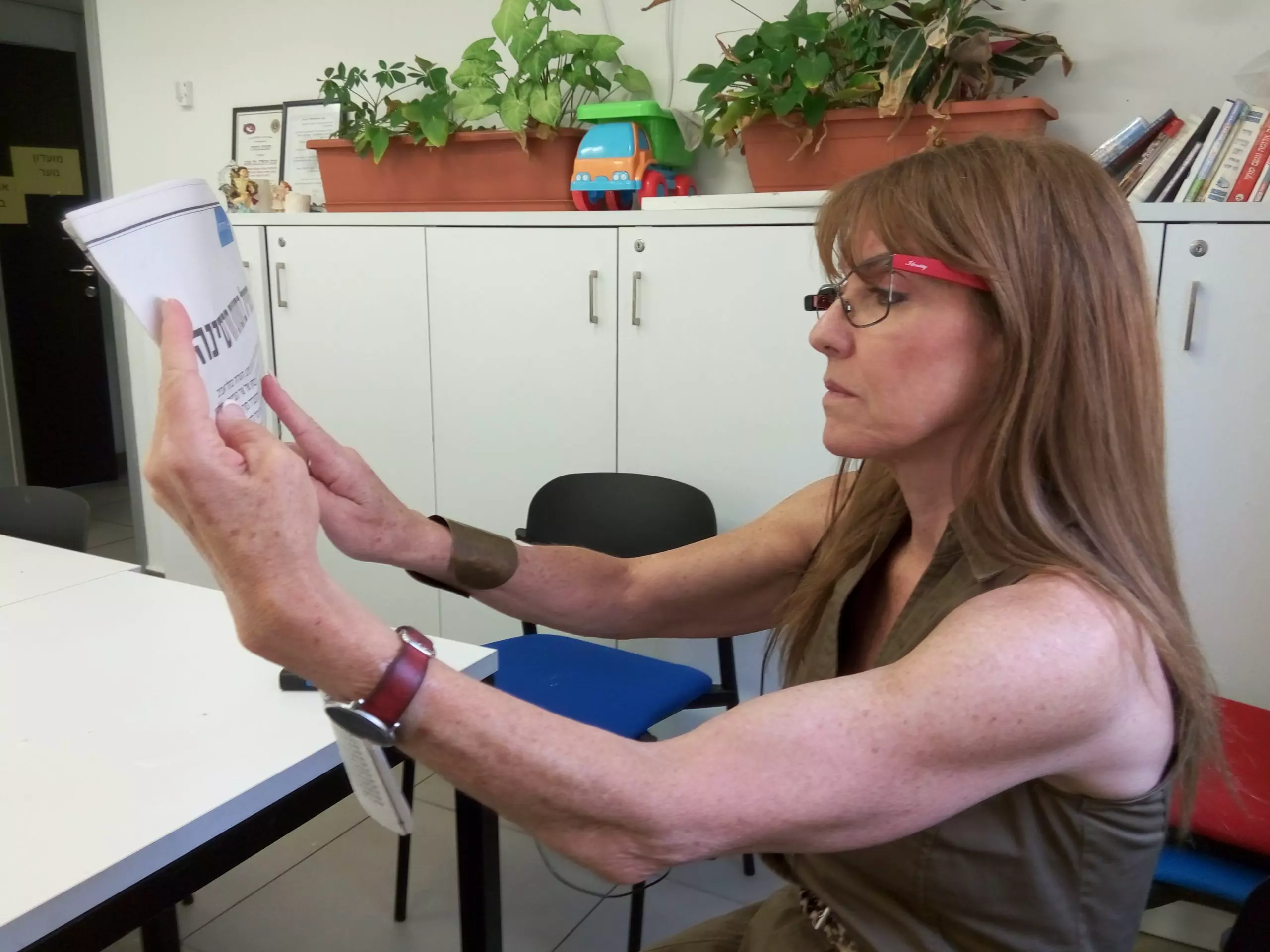It’s All About How You Play The Game: The Story Of Nicholas Dedekind
2016-06-15 | By Orcam Staff

“It was difficult to keep up with mainstream schooling without being assisted by teachers or fellow classmates. I struggled to recognise people, especially at a distance.” This is how Nicholas Dedekind describes his experience with vision loss.
Nicholas Dedekind, 16, originally from South Africa, started losing his vision at age 12 from Stargardt’s Disease. The onset was very quick and within 6 months, he went from normal vision to 10% vision.
Reading both near and far is difficult for Nicholas but perhaps one of the most difficult results of his vision loss was that he had to stop playing his favourite sports, especially cricket, as this became too dangerous.
Nicholas was playing cricket for his school team and was a leading wicket taker with his spin bowling when the Stargardt’s Disease started affecting his vision. One of his biggest regrets about the disease is that he had to stop playing regular cricket as this was his passion, but it just became too dangerous to play as he couldn’t see the ball. Determined not to give up, Nicholas started playing blind cricket, which is cricket that has been adapted for people who are visually disabled and completely blind. He was lucky enough to represent his province in the inter-provincial tournament in South Africa, which they won.

Shortly after, Nicholas’ family moved to Brussels, Belgium and he decided that there were many other sports he could participate in with his limited vision. He tried out for many sports offered at school, just to see which ones he enjoyed and was good at. His vision does sometimes negatively affect his performance in various sports, but he still plays well and enjoys them. His favorite sport is track and field where he takes part in shot put, discus and sprinting. He has broken the South African disabled record in shot put for the U18 category and hopes to do the same for the discus. Currently he holds the school record for discus and shot put for the U16 category.
“I love taking part in sport and believe that it’s so important to keep healthy and strong irrespective of being disabled or not. I appreciate all my coaches and family for accepting and supporting me no matter the struggles we go through to achieve at the highest levels,” he says.

Before the OrCam, Nicholas tried software magnifiers for on-screen use, which he says were not very effective, heavy and very slow to use. After his parents found OrCam on the internet, Nicholas initially thought that is seemed unrealistic and too good to be true. However, after trying the OrCam MyEye, he was ecstatic. “It was an exciting, eye-opening experience. The product exceeded my expectations,” he says.
As an International Baccalaureate student at the International School of Brussels, Nicholas uses the OrCam MyEye for academic work in class and at home. “It has greatly helped me academically and I rely less on peers and teachers for help in the classroom. It allows me to comfortably and efficiently cover texts e.g. webpages, books and electronic presentations,” he says.
Nicholas and his family have been creating awareness of OrCam MyEye. “There is definitely a need to expand the geographical reach of the product to more countries,” he says “so more people can benefit from the OrCam and regain their independence.”
Contributed by: Hannah Ziring, OrCam Community Manager
More Stories

OrCam's tech empowers blind 10-year-old soccer fan to find independence
2024-01-23 | By OrCam Staff

A Girl With Reading Challenges Receives A Life Changing Gift
2024-01-16 | By OrCam Staff

How OrCam Has Liberated Me: Dr. Leonard Rosenfeld's Story
2024-01-16 | By OrCam Staff

Meet Eli, OrCam's Youngest User Dealing with Childhood Blindness
2024-01-16 | By OrCam Staff

Re-Learning How to Read: How OrCam has Transformed My Vision
2024-01-10 | By OrCam Staff

Read the guest post by Hadas Bar - OrCam
2023-12-17 | By OrCam Staff



